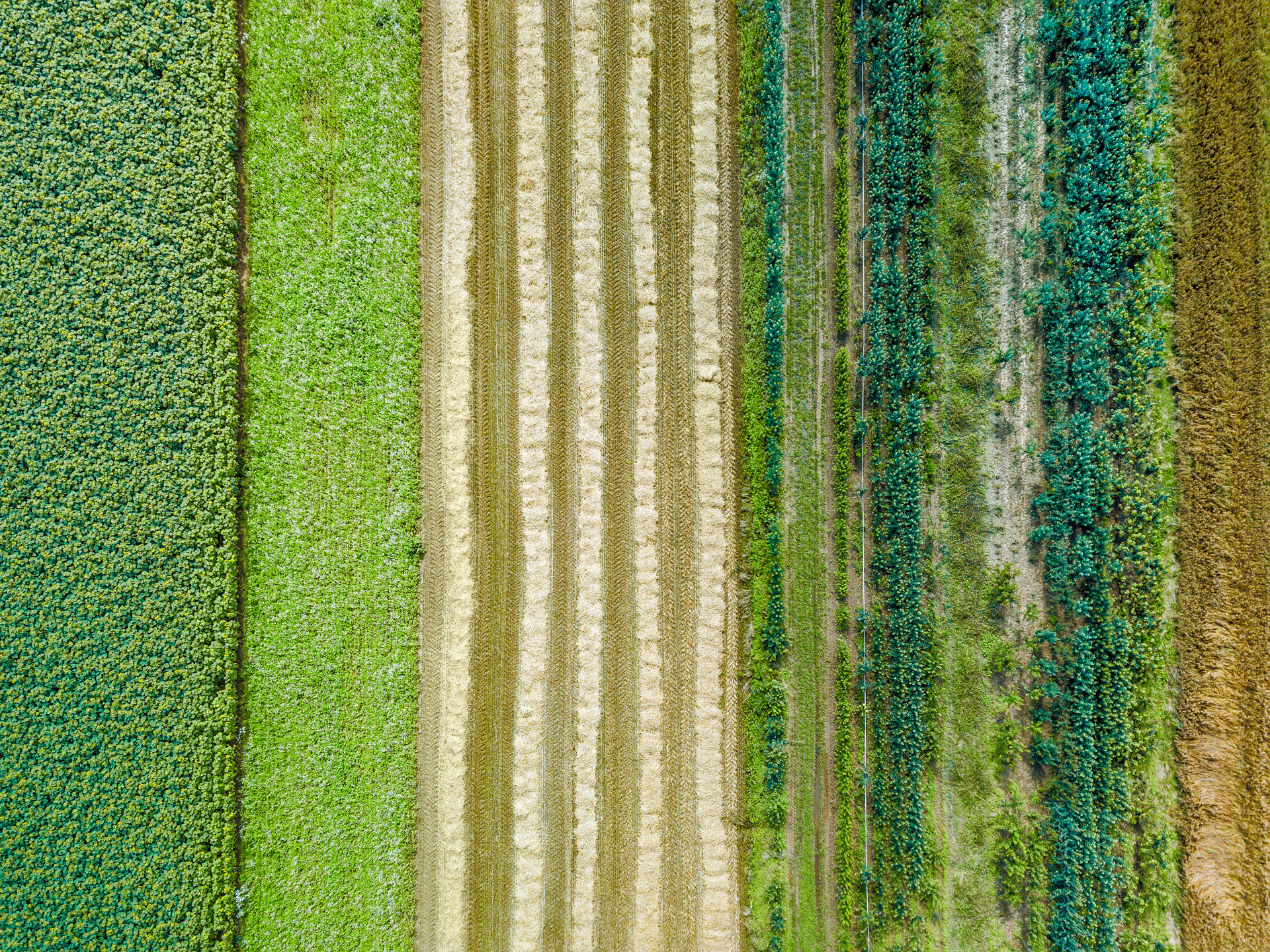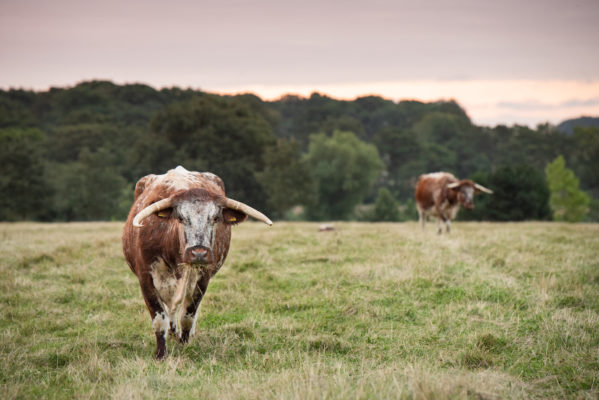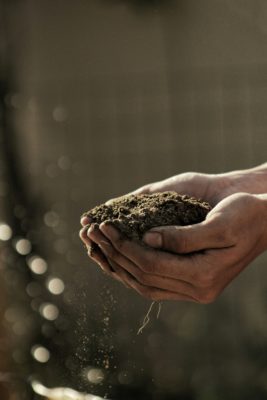Can We Trust Regenerative Claims? New Standards Say Yes
By
3 months ago
The truth about regenerative farming and greenwashing

Regenerative farming promises a world of benefits, from boosting soil health to improving our food. But without clear, legally enforceable definitions, how can we tell if a brand’s ‘regenerative’ claim is genuine or a form of greenwashing? Thank goodness we’re beginning to certify it, says Tessa Dunthorne.
The Promise – And Pitfalls – Of Regenerative Farming
Regenerative farming promises to work with nature to heal our soil, address climate change, and feed us with its nutritious bounty. Studies, such as one conducted by the Royal Agricultural Society, have indeed found that crops produced in this way measured 30 percent higher in vitamins K, C, E and B1 than ‘conventionally produced neighbours’. And then there’s the impact on the planet: while traditional farming kills off organic matter in our mud (scarily, we might not be able to produce food in under 60 summers) regenerative farming brings that soil back to life, with a trebled health score. Plus there’s the sex appeal: everyone from Groove Armada’s Andy Cato to top model Arizona Muse are welly-deep in this radical soil-loving farm practice.
The philosophical difference between regenerative and organic farming is often slim, as both aim to be truly sustainable. As Goodwood Home Farm manager Harry Holt explains, ‘Organic and regenerative farming share the same foundation: both must improve soil health to be truly sustainable.’ However, where organic farming adheres to strict rules by rejecting synthetic chemicals, ‘regenerative farming places emphasis on practices that restore vitality to the soil and encourage biodiversity.’ These practices are what make the movement so promising.

An aerial drone of fields with diverse crop growth, which is a core tenet in regenerative farming practices © Getty Images
But how we define it is currently nebulous – and not yet legally enforceable. This creates a significant problem. Geetie Singh-Watson is the publican behind the Bull Inn, Totnes, and has long been a champion for the organic scene in Britain as well as trustee of the Soil Association.
‘There’s no legal definition of the term,’ says Singh-Watson. ‘The other difference between organic and regenerative farming is that organic has a very strict set of rules, protected under EU law, with how you can talk about it and do it regulated.’
But without legal definition, warns Singh-Watson, bad actors may take advantage of consumer ignorance. ‘Regenerative farming is absolutely the future but if the criteria isn’t there someone – a major polluting food producer – could change one part of their practice and still continue in other terrible ways, all while calling themselves regenerative,’ she says, ‘and a food citizen would not know what to trust.’ This is the essence of greenwashing: making misleading environmental claims to seem more sustainable than a company actually is.
But there’s hope in the wings. Since 2023 the UK has been leading the way with a certification scheme for regenerative farmers. Efforts like Regenified, a certification founded by regenerative farming pioneer Gabe Brown (whose book Dirt to Soil was considered seminal upon its 2018 publication), make a whole host of difference to consumer trust.
Kitty Grubb, who works to get farmers from around the world to certify, says there is gathering interest from – in particular – British food producers. ‘It’s growing rapidly, with a huge appetite for regen certification in the UK,’ she explains, ‘we currently work with just under two million acres worldwide, but this year we’ve incorporated a number of farmers here, and are collaborating with some forward-thinking retailers and processors via their supply base.’
These certifications provide a clear, third-party verified system that proves a farmer is meeting specific science-back criteria for soil health, biodiversity and more. They provide the necessary accountability to ensure that ‘regenerative’ isn’t just a marketing buzzword.
Food Citizens: What To Look Out For
And as a food citizen, if you’re just getting started, Grubb recommends reading Gabe Brown’s book Dirt to Soil and docus like Kiss The Ground. Groundswell is an in the flesh experience, too, where punters can attend talks and forums around regenerative practices. Or there’s the Goodwood Health Summit (2 October) where talks will explore the soil microbiome. And, of course, nothing beats fieldwork: ‘the most obvious thing is to look out for the retailers and farmers in the supermarket,’ she says. (And until certification is universal, here’s a rule of thumb. If a huge polluting brand is claiming regenerative products, take it with a pinch of salt. But if it’s Andy Cato? That’s groovy, baby.).






















